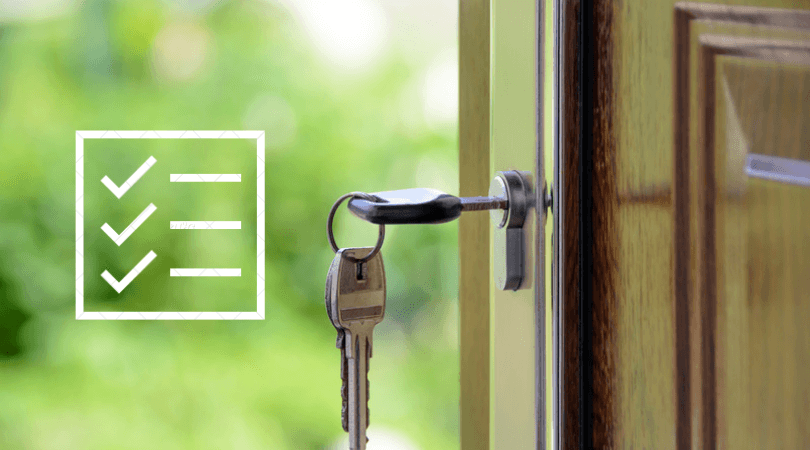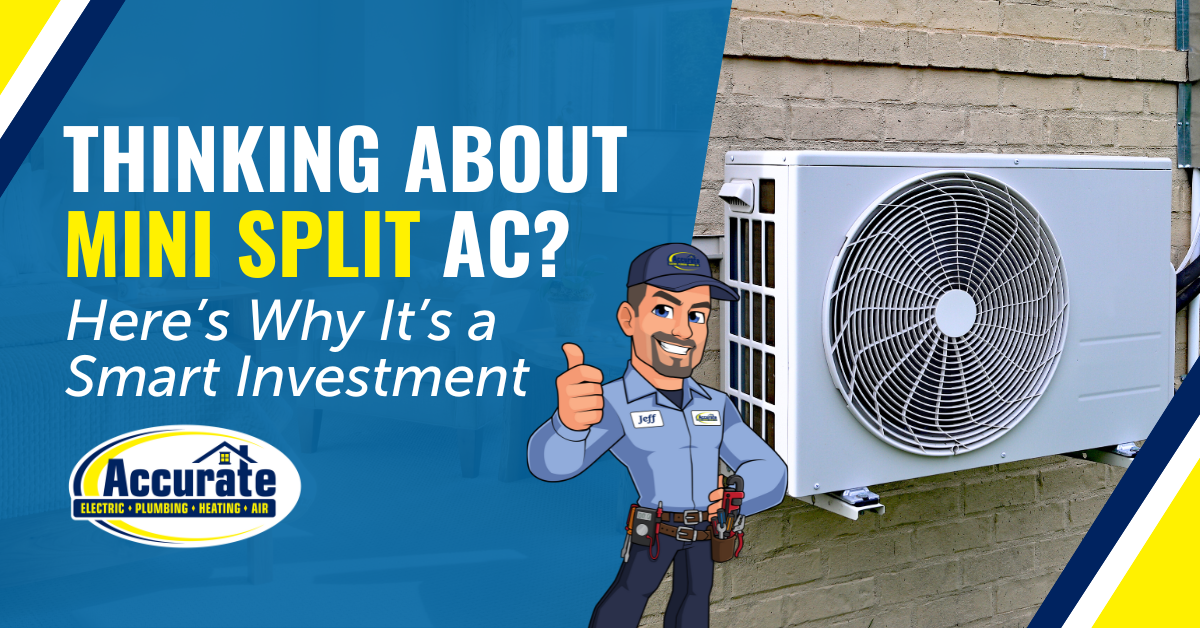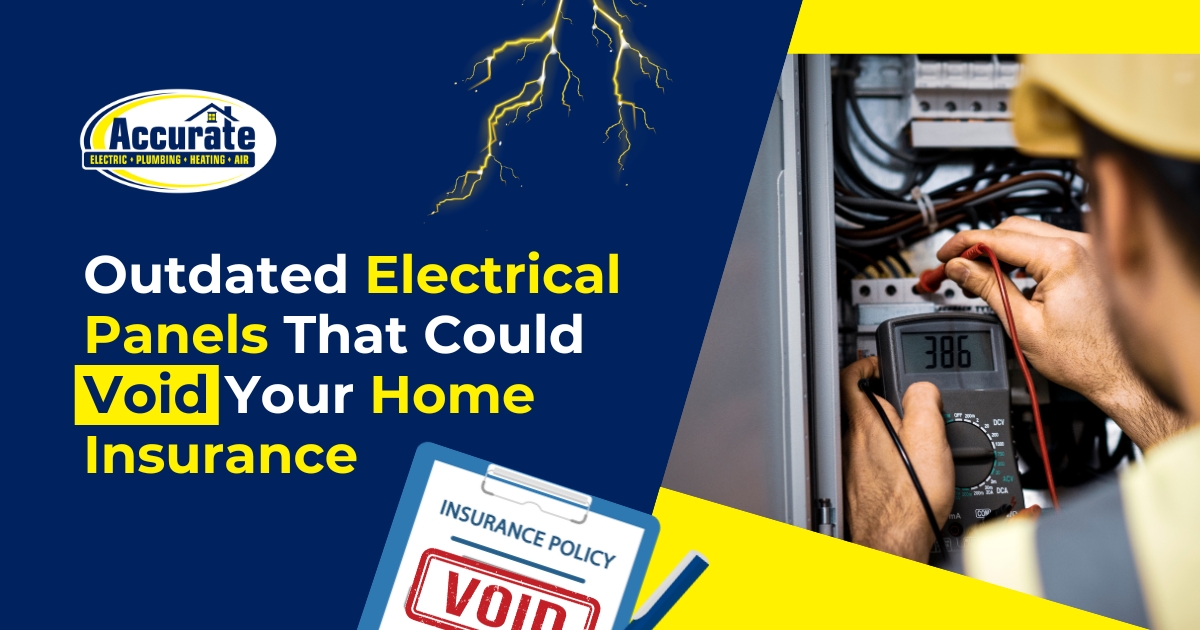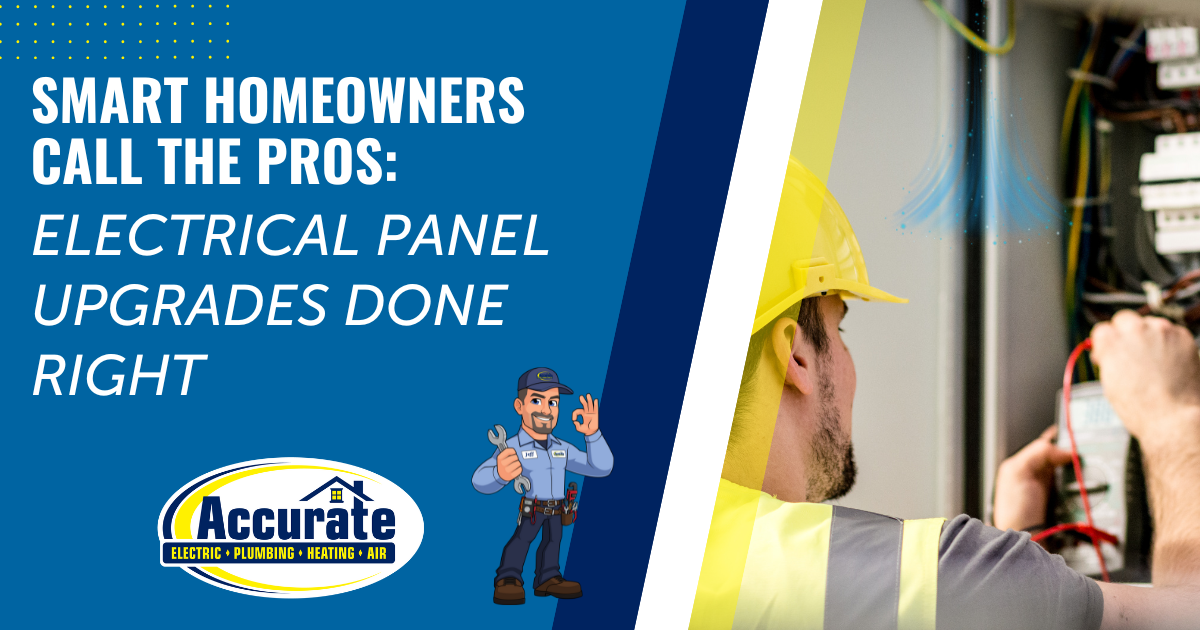Chances are you’ve already had a housewarming party to celebrate your new castle. You probably did a lot of “homework” before cashing in your life savings for the new humble abode. Whether this is your first home or fourth, as a new homeowner there are some critical things that need to be checked so you can enjoy the best quality of life.
A home is its own ecosystem within itself. Everything works or at least should function in harmony. If your electrical system operates without any loose wiring or faulty circuits, then your HVAC system and your appliances should get the right amount of power to perform at maximum capacity. If your water is flowing smoothly with no backups or clogs, then your bathrooms and kitchen should be operating flawlessly, and you should be dancing to your favorite playlist.
While there are many items and operations that contribute to your home’s most important functions, these 11 things are the most important checks you should conduct for your new home:
1. Electrical Panel
As the main brain to your home’s electrical system, this distributes all electrical power through multiple circuits to every aspect of your home. If the power ever goes out or there’s an electrical issue, the panel box is where problem resolution procedures begin.
2. Electrical Assessment
Electrical systems in a home can be challenging to assess in the beginning of purchasing a new home. It’s possible that you may discover deficiencies one malfunction at a time. Dimming lights or powerless outlets can be a clue as to what may need to be addressed. However, the best thing to do as a new homeowner is to have an electrical assessment.
You have to ensure your electrical system is ready for the future. You need your electrical system to handle your new toys. If you invest in new appliances, a better flat-screen television and want to utilize charging through all of your wall outlets, the best favor you can do for yourself is to hire a professional electrician to do an electrical survey and diagnose any future or prolonging issues that need to be tackled.
3. Locate your Main Water
If somehow you should fall into a plumbing kerfuffle with a pipe bursting or a major water leak, you should know where your main water valve is located. Whether it would be a big storm or even elements of earth unexpectedly cause an unforeseen scenario, make sure you know how to shut it all down.
4. Water Heater
You should check the age and status of your water heater. It’s important to know the last time your water heater has been flushed. Regular maintenance is often forgotten in older homes and lime, calcium and hard water deposits can accumulate over time causing issues. Make sure your water heater is 12 years old or newer. If it’s not, you should consider getting it checked promptly.
5. Leakage or Water Damage
We’re not saying your real-estate agent or previous homeowner can’t be trusted, we’re just saying there are certain things to look for. Check the walls near windowsills, behind the toilet, and under the kitchen sink. Sometimes paint is used to hide discoloration in the walls where there are leaks. Check around main water areas to see if there are wearing or loose bathroom tiles.
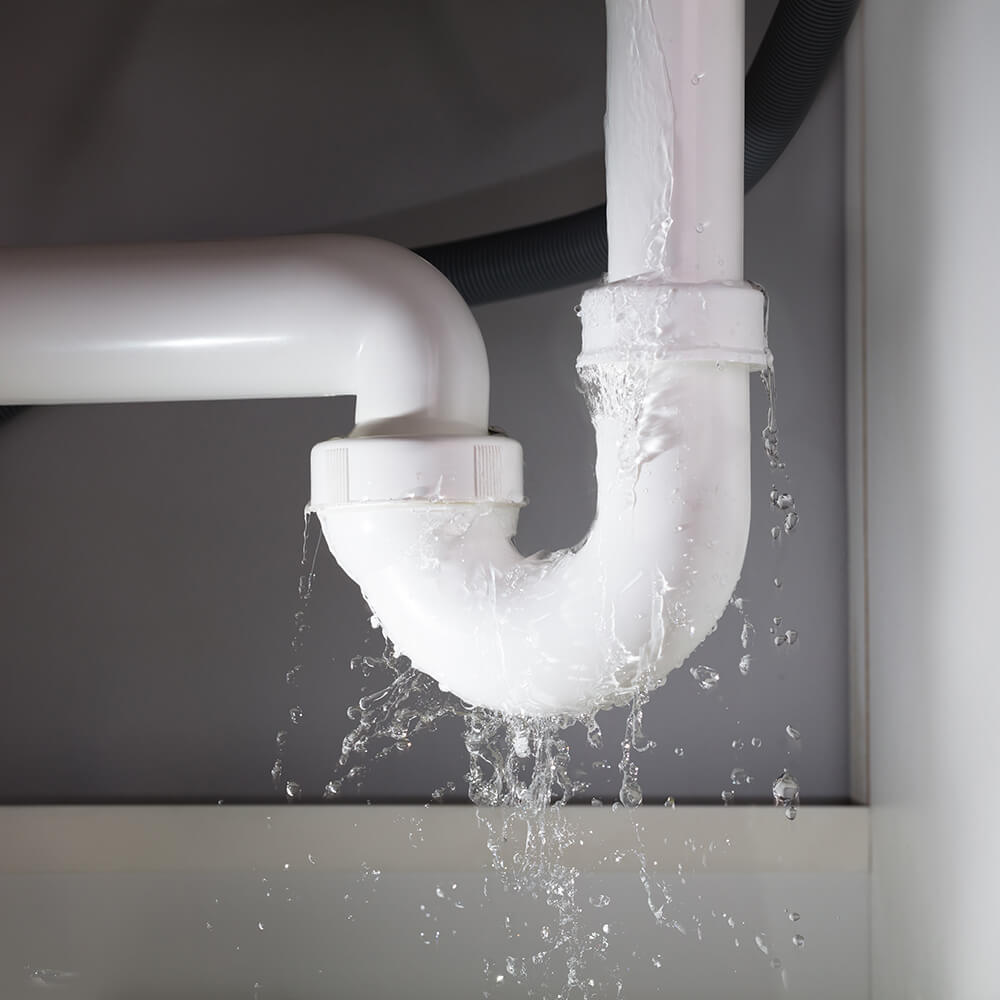
Walls can give away clues about the plumbing as well as water fixtures. Make sure you don’t find any warping and again, it’s critical to make sure water damage isn’t being concealed by paint. If you smell anything foul or musty this could be a sign of mold. This could impact your family if you have an asthmatic or newborn baby as well.
Don’t forget to check the roof! You may want to have a professional climb up top because it can be dangerous, especially if there are loose shingles or wet areas.
6. Age of Appliances
Pull out the refrigerator and check the coils behind it. Make sure there is no build-up of debris, dirt or ice. Assess how old your stove, dishwasher and washing machine could be. Appliance ages are important because they can eat up your electrical power. If you purchase new appliances, make sure your electrical system can handle them. Most new appliances are energy efficient, but to be safe, you should make sure your electrical system doesn’t have any deficiencies because it could actually damage your new devices.
7. Sump Pump – if applicable
In Southern California, there isn’t a lot of room for excess water. It’s important to make sure sumpin’ is pumpin’ when the rain starts dumpin’! Locate your sump pump if your house has one. The sump pump will bail you out from getting into high water if there is excess water. A sump pump pushes out excess water away from your home. Usually, a sump pump should be run every 2-3 months.
8. Duct Work
For multiple reasons, you will want to know when the last time your air ducts have been cleaned. Air ducts can affect the quality of the air your family is breathing in 24 hours a day. If there is debris, dirt, or if you already have an unexpected houseguest living in your ducts such as raccoons or squirrels, this could be trouble.
Making sure the ductwork is clean will initiate a consistent airflow with fresh air and quality temperature distribution with your HVAC system. If you notice pockets of different temperatures in your home then this is a warning sign something may be happening within your ductwork system.
9. Dryer Vents
This is critical to fire safety. Dryer vents are one of the most forgotten items that homeowners check, because when do you really think about dryer vents? One big red flag can be wet or damp clothes or even a humid laundry room. Build up in a dryer vent is an immediate risk for a fire. As a SoCal homeowner you don’t want to have to worry about fires, so make sure the dryer vents have been properly cleaned the moment you walk into your new home.
10. Insulation Status
Insulation affects the amount of stress you will put on your HVAC system. If you have leaks or there are areas of concern missing insulation, your HVAC system may have to overcompensate which could affect the longevity of your air conditioner or heating system. There are multiple ways to check the efficiency and stronghold of your home’s insulation, and our professionals at Accurate can help you.
11. HVAC Performance testing
Besides ensuring your new home is properly insulated, one of the best things you can do is schedule a performance test for your HVAC system. Find out with proper temperature readings how well your system is functioning. Perhaps your home has a brand new system and is running perfectly, which should be a load off your mind. If you hear clanks or bangs within your air conditioner or heating unit, make sure you have a performance test just in case. You should always be comfortable at home no matter if it’s pouring rain or scorching hot outside.
BONUS: Check the books
If you have access to your home’s remodel history or any type of mechanical, electrical, water and structural work – open it! Review the history of your home and assess what you think is the most important item to keep in the back of your mind. Remember to save all of your documentation and receipts whenever you do work on your home. This can help you maximize your tax-free earnings on the sale of your home if you ever decide to move on.
Let Us Welcome You Home
Finally, if you have recently moved into a new or new to you home in the past three months, check out our New Home Owner Program for exclusive deals including a FREE Home Walk-through with one of our technicians who can help you identify many of the issues listed above.
If you have taken over the reins to a family home or you have purchased a home that has been built 25+ years ago, it is extremely important to monitor all of these items. One of the benefits of hiring Accurate Electric, Plumbing, Heating, and Air is that we are a full-home service company that can diagnose each of your main systems without having to call in a third-party contractor. Accurate’s family consists of professional technicians specializing in each of the main facets of your home’s ecosystem.


